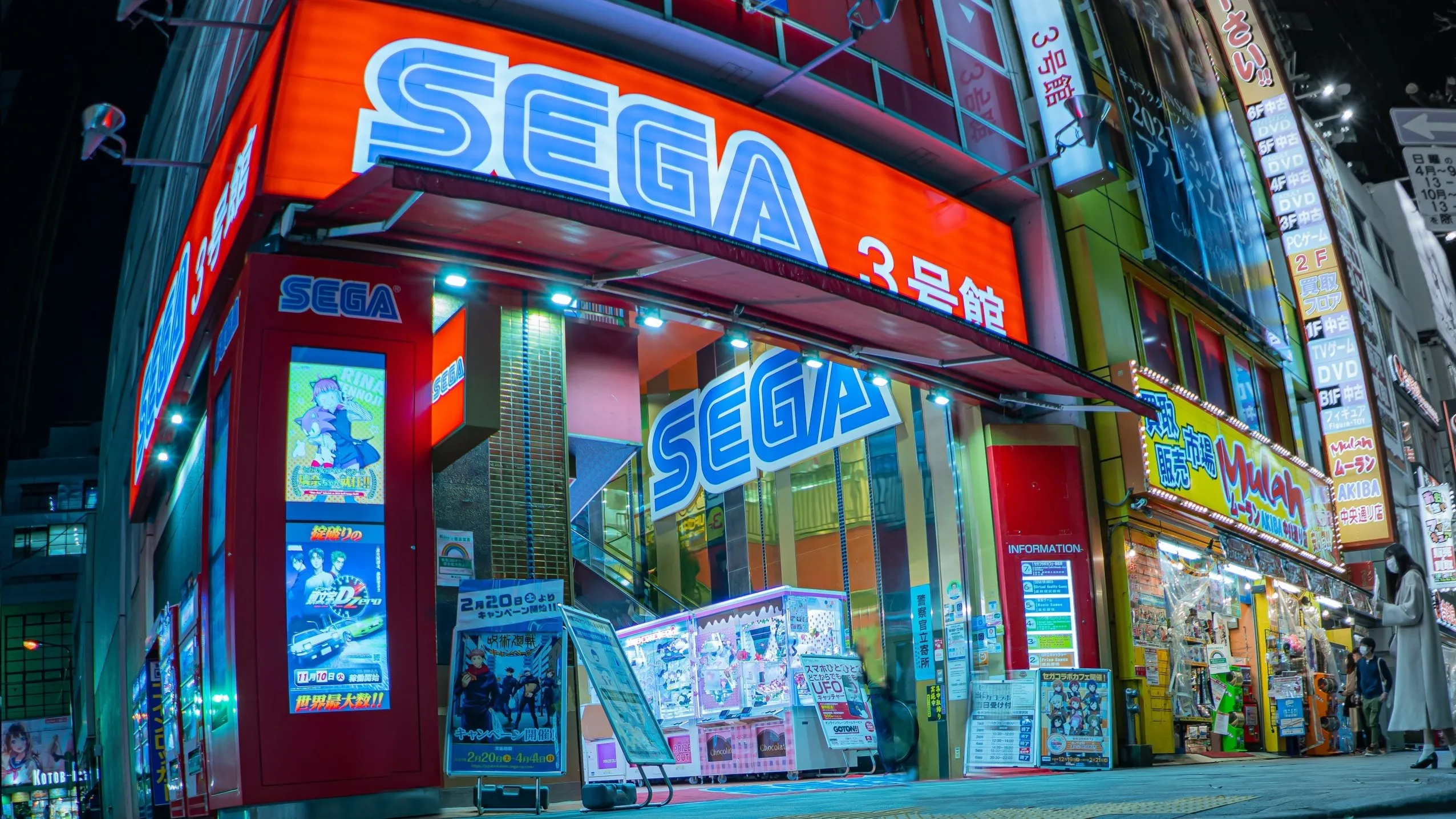Sega Co-COO Shuji Utsumi has shared optimistic thoughts on blockchain gaming and the unique role NFTs could play in the future of video games—months after previously telling Bloomberg that he felt play-to-earn games are “boring.”
“Within blockchain games, owning assets and, in some cases, earning money, could become player wants that haven’t existed before,” Utsumi said in an interview first published as a sponsored post with Dengeki Online last month and translated into a blog post this week.
“This is indeed a transitional phase for the industry,” Utsumi added.
Utsumi’s comments come as part of a broader conversation about how the Sonic the Hedgehog publisher has licensed its Sangokushi Taisen card game’s IP to blockchain firm Double Jump.Tokyo, which is developing a new trading card game (TCG) called Battle of Three Kingdoms with NFT cards inspired by the original 2005 game.
The new Sega-licensed TCG will primarily target Asia’s gaming market, will offer more than 100 different cards at launch, and will be supported post-launch with continuous game patches and updates, according to the post.
Utsumi said that the new game was licensed to help “revive” the original game’s IP while still making sure to “protect what needs to be protected.”
“Blockchain gaming is still an unknown world for us,” Utsumi explained.
Sega’s Co-COO shared that the producer of the original Sangokushi Taisen game will oversee the development of Battle of Three Kingdoms, and that Sega will also provide game assets as a part of the collaboration.
In return, Ustumi said, Sega will be able to learn more about blockchain games and how they’re made, calling it a “win-win” for both parties.
“Sega has been focusing on researching content that utilizes advanced technology and new business models, and blockchain technology was one of those areas,” Utsumi said. “Amidst this context, we decided to consider Sangokushi Taisen as an IP that would be accepted by fans in Japan and other Asian countries, and would harmonize effectively with blockchain technology.”
He emphasized that Sega’s push into blockchain gaming is part of a broader strategy to evolve and adapt to new technologies.
But Utsumi is aware of the current challenges crypto games face—such as deciding whether or how to implement the use of crypto wallets, which hold assets like NFTs. They typically require users to “connect” them to sites and “sign” transactions in order to make purchases or list items for sale.
“It is difficult for users to create wallets, so we must get people to play the game first,” Ustumi said, sharing that crypto wallets are indeed a “hurdle” to overcome.
But for Utsumi, these unique challenges may be worth the reward.
“I’m looking forward to seeing how NFTs can authentically capture the feeling of owning a card,” he shared.
Sega and Double jump.tokyo did not respond to Decrypt’s requests for additional comment.

